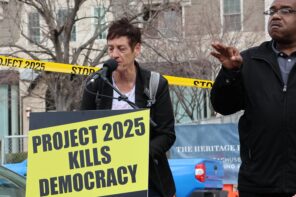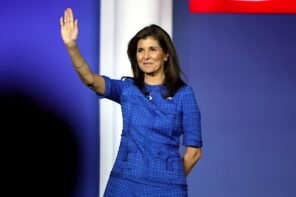After seeing headlines hype anti-Mormonism in Iowa and South Carolina as the major problem for Romney, I was ready to write a post suggesting a bit of caution is in order when tying Romney’s fortunes to his faith.
There has not been a data set that (to my mind at least) definitively establishes anti-Mormonism as the factor for Romney.
The oft-cited Pew Forum numbers on Mormonism and the presidential race indicate that his Mormonism is a decisive factor for about 8% of Republican voters and 15% of Republican evangelicals. The New York Times’ excellent data on Iowa voters a few weeks back showed that Mormonism’s general esteem among voters had risen by a couple of points since this time four years ago, while Romney’s favorability had fallen by fourteen points.
And it would be easier to isolate his religion as a variable were Romney’s record as a social conservative less suspect and his retail politics less painful to watch.
But just as Romney’s numbers were picking up again and I was preparing to sound a note of caution about over-hyping anti-Mormonism, this little gem came across the wire: the new head of South Carolina’s Southern Baptist Convention (the largest religious group in the state) says that for many faith-motivated voters, Mitt Romney’s Mormonism would be a greater moral problem that Newt Gingrich’s serial adultery.
Rev. Brad Atkins told a local South Carolina newspaper franchise that conservatives could “process and pray” their way through Gingrich’s adultery but will “struggle to understand how anyone could be a Mormon and call themselves a Christian.”
This just days after Romney scored an endorsement from South Carolina Governor Nikki Haley.
Conservative pastors are pitting the specter of popular anti-Mormon sentiment against the Republican establishment, and legitimizing that sentiment in the process. It’s quite a spectacle, and quite a mess the GOP has on its hands. Is this what happens when you outsource a political party’s grassroots operation to the religious right?




